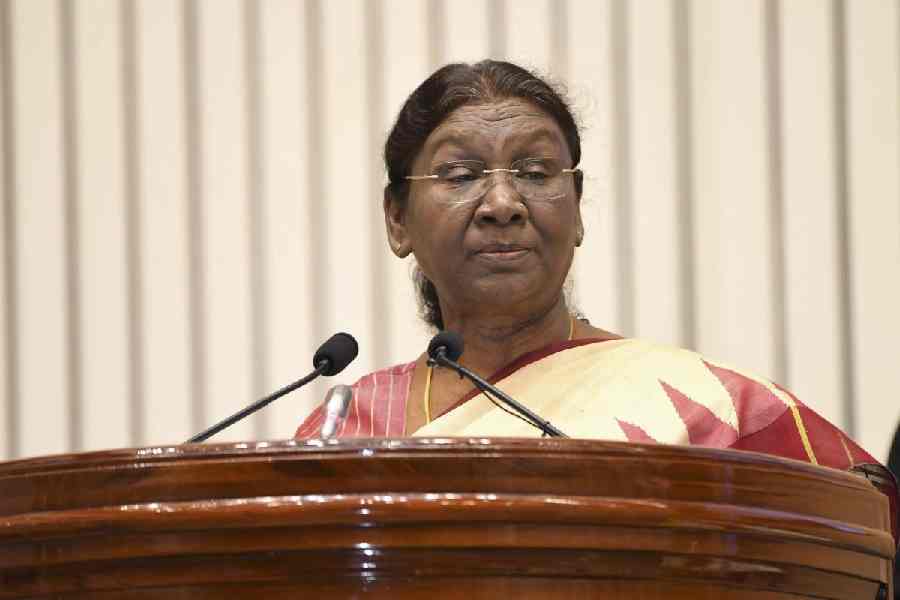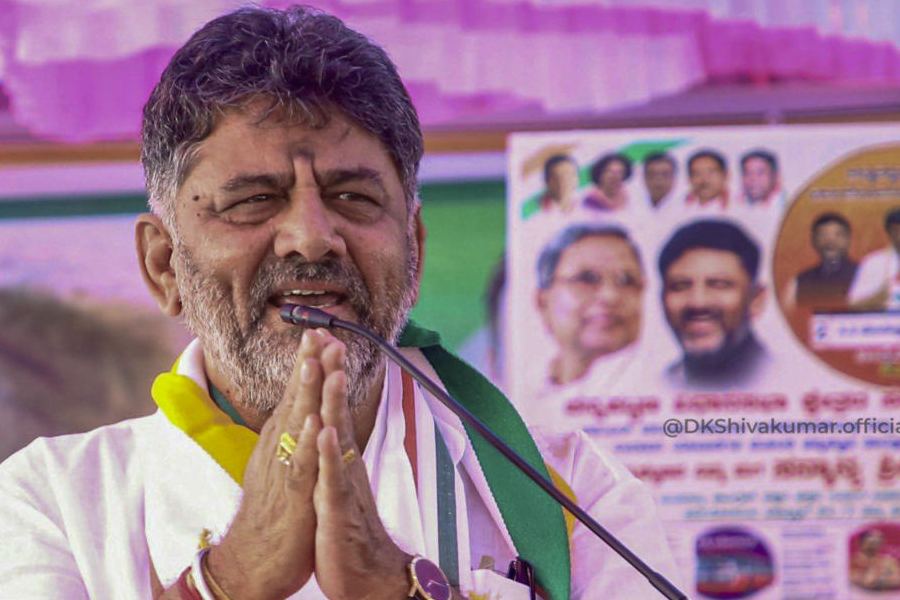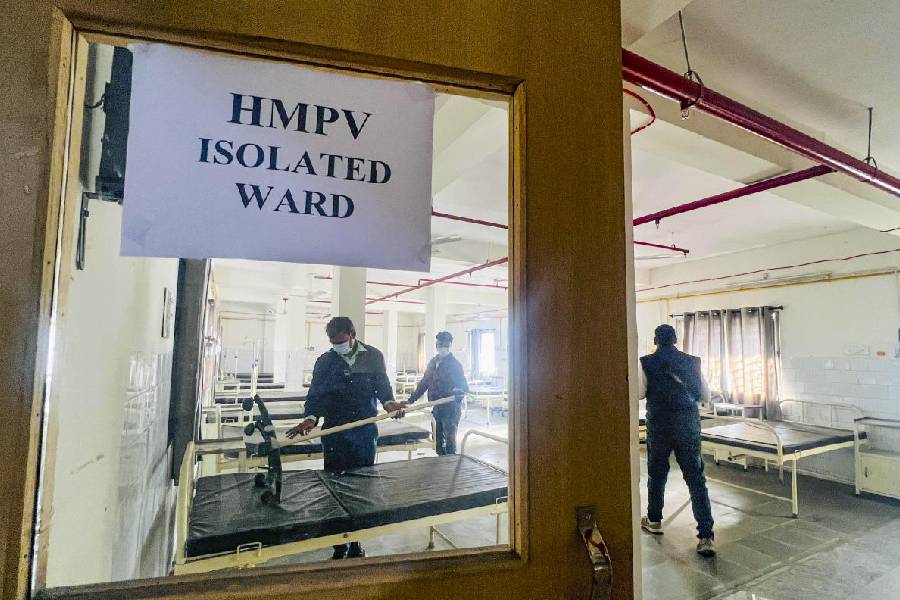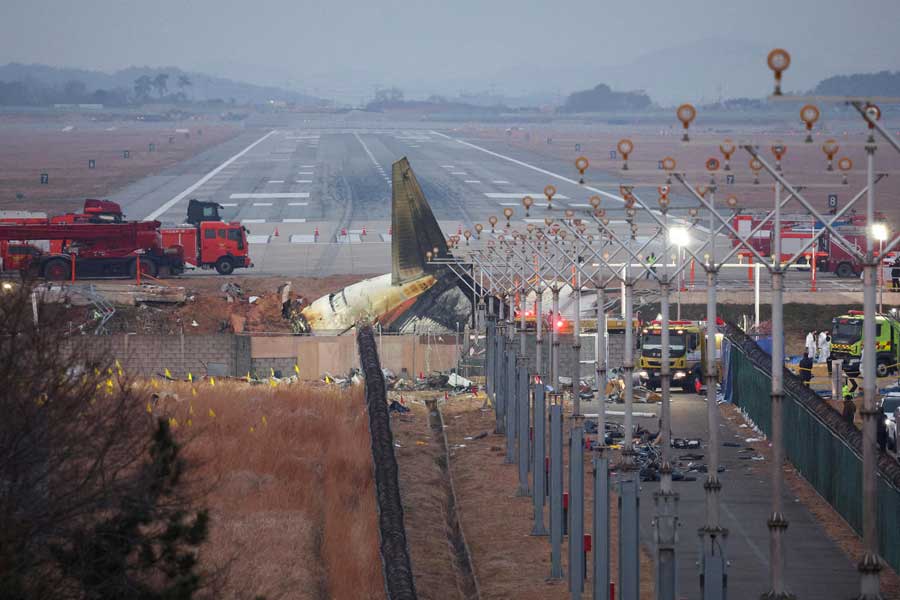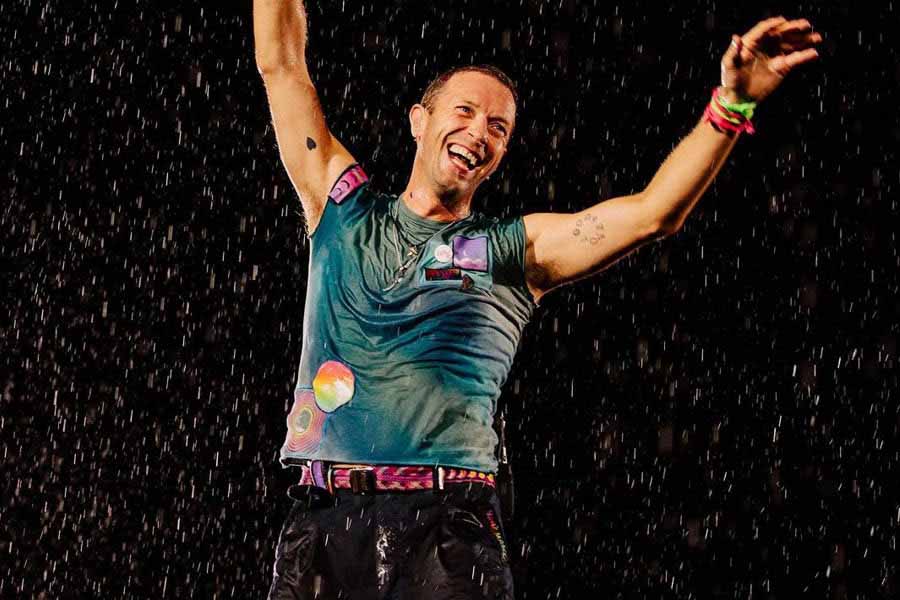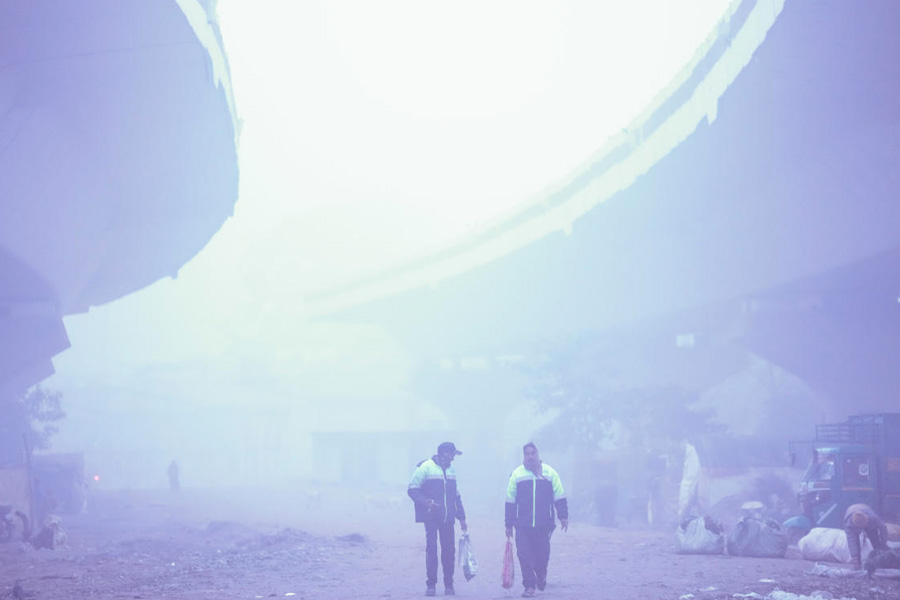More than 250 years after the British colonist, James Cook, arrived in Australia, the southern hemisphere’s wealthiest nation decided on October 14 that it did not need to give its indigenous population more of a voice in policy-making. A referendum aimed at setting up a constitutional body representing indigenous Australian communities that could make proposals to the country’s government and Parliament and also take proposals from those in Canberra back to their people was comfortably rejected. The vote in Australia marks a setback for the rights of the original inhabitant communities of that country. But it also raises questions about Australia’s approach to its blood-stained history of colonialism at a time when different countries are addressing dark pasts in a diverse set of ways. Australia’s closest neighbour, New Zealand, offers a stark contrast. The former prime minister, Jacinda Ardern, was known to interchangeably use ‘New Zealand’ and ‘Aotearoa’ — the Maori name for the country — while in office.
None of that means that New Zealand has managed to overcome centuries of systematic discrimination and crimes against its First Nations people. Nor does it mean that mere political representation resolves the crises that historically disadvantaged indigenous communities face. India, which has for the first time in President Droupadi Murmu a person from a tribal community in the country’s highest constitutional office, is a case in point. Ms Murmu’s elevation to the president’s office has not changed the fact that tribal communities in India remain among the poorest, with limited access to health, education and jobs. Even Ms Murmu has attended religious ceremonies from outside a Hindu temple rather than in the sanctum sanctorum, underscoring the difference between performative symbolism and the true advance of the rights of indigenous people. In the West, the United States of America similarly remains trapped in its myth of a nation wedded to justice, democracy and fair play, given that it was founded on the genocide of Native Americans. In Canada and the US, mass graves are still being discovered at residential schools where First Nations children were taken from their parents, cut off from their cultural roots, and trained to think like their white colonisers. History cannot be reversed. But if is buried and ignored, it tends to repeat itself.

